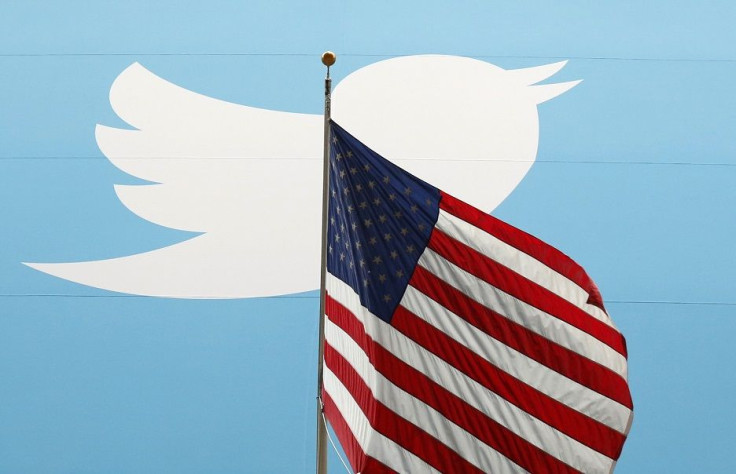Judge to Donald Trump: ‘Mute, not block, Twitter followers

US President Donald Trump was told by a judge to mute, rather than block, his critics on Twitter. The American leader is being sued for blocking people on the social networking site and thereby allegedly infringing the country’s First Amendment.
Last year, seven Twitter users who were blocked by Trump filed a lawsuit through the Knight First Amendment Institute at Columbia University. They claimed the president blocked them because they criticised him.
According to their lawsuit, Trump blocks anyone who speak out against him and anyone opposed to his policies. This, they claim, infringes on their First Amendment rights.
The First Amendment to the US Constitution is the protection of basic liberties, including freedom of religion, speech, press and peaceful assembly. By blocking the seven users, Trump, a fervent Twitter user, is accused of restricting them based on their viewpoints, which is unconstitutional. Katherine Fallow, a lawyer from the Knight Institute, said Trump’s Twitter feed is an official government account operating as a public forum.
Trump’s lawyers argued that blocking users from seeing his tweets is his prerogative. US Department of Justice attorney Michael Baer said the suit should be thrown out on jurisdictional grounds, saying Trump doesn’t regulate access to a public forum on Twitter.
US District Judge Naomi Reice Buchwald instead suggested that Trump should just mute people instead of blocking them. That way, he wouldn’t be able to see the tweets he would deem offensive.
“Isn’t the answer he just mutes the person he finds personally offensive?” Buchwald was quoted by the Associated Press as saying. “He can avoid hearing them by muting them.”
Fallow and Baer both agreed, with Fallow saying it was a “pretty good” solution, though not perfect. They first need to consult with their clients before agreeing. And if no deal has been reached, they would have to rely on a written decision from the judge, who warned that they might not like what she would decide.
The suit also named former White House press secretary Sean Spicer and social media director Dan Scavino.






